
WINTER 2023

Strengthen Community
with Lodge and Chapter Charity Accounts

Bonds
The Changing Times of Fellowship
A Highlight on Trends of Masonic Brothership Through the Ages


WINTER 2023

Strengthen Community
with Lodge and Chapter Charity Accounts

A Highlight on Trends of Masonic Brothership Through the Ages
Located in the heart of Central Michigan, the Michigan Masonic Home is a vibrant continuing care retirement community that follows the highest standards of tradition, passion, and care. On our safe and peaceful campus you will find:
• Beauty Shop
• On-Campus Medical Services
• Daily Social Activities
• In-House Theater
• Club 81
• Chapel Services
• Exercise Room
• Craft Room
• Library
• Game Center
• Community Transit

All of this, along with a beautiful and safe walkable downtown filled with quaint shops, a weekly Farmer’s market, Gratiot Community Art Center with classes available, and local lodge and chapter meetings. The start of extraordinary living begins at the Michigan Masonic Home!
Call (800) 321-9357 to schedule a tour today!


Do You Recognize the Brothers on the Cover page?
William Clay Ford Sr. (grandson of Henry Ford and longtime owner of Detroit Lions) is in the center, and Benson Ford (grandson of Henry Ford and VP of Ford Motor Company/CEO of Lincoln-Mercury Division) is on the right.The photo is believed to have been taken after they were raised at Corinthian Lodge #241 in 1950.
Stony Creek #5
Trenton-Wyandotte #8
Peninsular #10
Grand Rapids #34
Lapeer #54
Port Huron #58
Myrtle #89
Marquette #101
Wayne #112
Hamilton #113
Linden #132
Manchester #148
Clinton #175

Joppa Wenona #315
Evart #320
Doric #342
Lou B. Winsor #363
R C Hatheway #387
Hubbard-Winsor #420
James A. Cliff #424
Cement City #435
Swartz Creek #458
Ira A. Beck #503
Traverse City #222
Ann Arbor-Fraternity #262
East Bay #264
Goodrich #548
Solomon's Key #580
Golden Ark #595
find one word that would express my feelings this time of year, it is simply, gratitude.
I'm grateful for this fraternity, specifically each of you; regardless of where you are or what your circumstances are... I’m grateful for you. I'm grateful for our leadership, which continues to guide us through the challenges we face every day. I'm grateful for the employees and staff of our Masonic Home, our Fraternity, our Foundation, and our PACE program.
This holiday season, regardless of our faith, let us recommit ourselves to the great truth of our fraternity – that the fraternal love found within our gentle Craft is needed today more than ever. That this fraternity, which brings together men who might otherwise have remained at a perpetual distance, are now Brethren. Brothers that have learned to leave outside the door those things that divide them, and bring into the lodge those things which all good men can agree upon.
As we enter this holiday season, let me just say – thank you. Thank you for everything you do, every life you touch, and the difference that you make every day. We, collectively


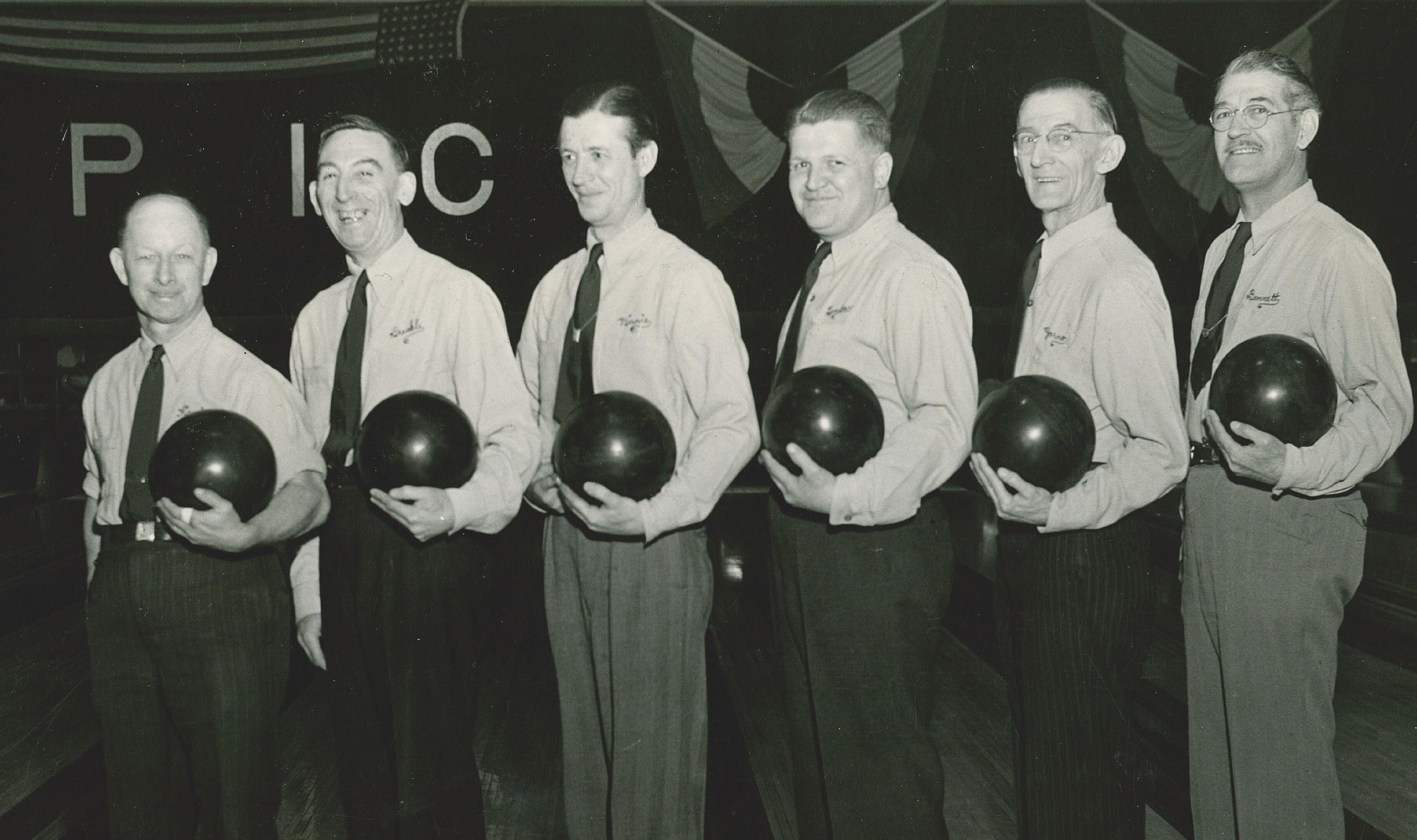

more structured Masonic events designed for it, like festive boards and table lodges, or be as simple as two Brothers sharing time over coffee. It can be large or small, like a banquet celebrating the installation of officers, or a group of Brothers just getting together for dinner.
If we embrace the idea that Freemasonry is a fraternity that offers a learning system designed to build character and is a mechanism for improving ourselves and our relationships, we must also embrace the importance of fellowship within that mechanism. Fellowship fertilizes, grows, and harvests relationships. Our fraternity is known for bringing together people of different ideas, politics, and religions for a common cause… to make ourselves and the world better. The symbols and rituals of our system give us the lessons we need to behave and conduct ourselves at higher standards for that purpose, but fellowship is often the best opportunity to practice those lessons in realworld situations.
For example, there is probably no better way to use the symbol of the trowel to spread the cement of Brotherly love and affection than by getting to know a Brother at a deeper level through conversation and fellowship. Respecting each other’s differences
and appreciate the nuances of a Brother’s character and creates bonds based on the agreements of our hearts instead of the possible differences of our ideas.
Fellowship has been a part of Freemasonry since its beginning. In fact, it was integrally infused into our old Masonic ceremonies, rituals, and meetings, which usually consisted of our fraternal ancestors gathering together around tables for good drink and food (usually in a room above a tavern) while enthusiastically reciting something akin to a catechism of questions and answers. In essence, early Masonic meetings resembled our modern table lodges or festive boards more than the ritualistic meetings and ceremonies we recognize today. This is very likely one of the reasons citizens of the time who had nothing to do with the building trades started seeking out the operative stonemasons for membership into their lodges. As the operative stonemasons were highly respected in the community, not only could affiliating with them be a benefit to one’s reputation, but their meetings were also a good time!
As the fraternity changed in form and ritual, from operative to speculative, it also changed how Brothers enjoyed fellowship. Unfortunately, it is difficult to trace how Masonic fellowship has altered
throughout the years as fraternal social events are often informal, or conducted outside the sphere of the formal Masonic business that might get documented in lodge minutes. But we can make some good guesses based on changing times and trends. As Masonic ritual evolved into a more regimented style of conferral and performance, fellowship would also evolve into events independent from the formal lodge meetings.
As the fraternity grew during the 1700s, Freemasons were conscious of how holding their meetings above taverns might be viewed by the general public. The Brothers would eventually decide to move away from their tavern meeting places to more suitable locations built specifically for Masonic meetings and gatherings. This was done to gain space for the growing membership, enjoy a greater level of privacy, and to project a more respectable image in a community that might have mixed feelings about an organization holding their meetings in the taverns so closely associated with intemperance because of the perceived temptation to consume copious amounts of food and drink.

As the fraternity grew in membership in the decades before it peaked in 1959, it should come to no surprise that with the construction of more and larger Masonic halls, temples, and lodge buildings to accommodate its swelling numbers, opportunities for more ambitious fellowship events followed along. Masonic balls, dances, banquets, fundraisers, and a plethora of other social activities hosted by the Freemasons became well-attended affairs welcoming Masons and non-Masons alike, including family, friends, and just about anyone looking for a fun thing to do. In a time before television and the Internet, Masonic fellowship events were inviting options for recreation and socializing for the entire community during much of the 20th Century.
This social momentum had a lifespan, however, and starting in the 1960s, the fraternity slowly began declining in membership. This dwindling membership would cause a fall in the regularity of the large-scale social events of the past and result in Masonic fellowship taking on a more intimate tone.
These new Masonic buildings would impact the types of fellowship the Brothers enjoyed and wanted as well. Masonic halls with devoted dining rooms and additional spaces outside of the dedicated lodge rooms allowed for an intentional separation of work from play without diluting the importance of either. Not only did these buildings designate separate areas for the serious ceremonial work of the fraternity and the less serious dynamics of fellowship, they also increased the fraternity’s reputation within the community. Exhibiting a conscious organizational effort to focus on Masonic work when it was time to work and fellowship when it was time to socialize and play.
Fellowship continues to adapt to the needs and desires of the membership. It had to change during the COVID pandemic when Brothers had to use technology to find other ways to meet and interact. But those same limitations the pandemic imposed on our abilities to meet in person, may have opened up new and unexplored territories for fellowship that can benefit us in the future and broaden our Masonic relationships. Social media and virtual meeting platforms not only connect us with the Brothers we already know whenever and where ever is convenient, they also make it possible to meet other Brothers from different jurisdictions and give us everexpanding opportunities to know and enjoy fulfilling relationships with members of our noble fraternity anywhere on the globe.
By Dirk Hughes Museum and Library Director

remember to utilize your LCAs and CCAs. Take some time away with your lodge and chapter members and embrace your communities; it is a noble act, and will undoubtedly promote unity and camaraderie within your lodge and chapter families!
and chapters closer together. Through shared goals, collaborative learning, and making a positive impact, you can forge deep connections and create lasting friendships. By working together towards a common purpose, you can contribute to the betterment of society while strengthening your bonds with one another.
Serving the community also provides an opportunity to learn from one another. Each individual brings their unique skills, knowledge, and perspectives to the table. By collaborating on community initiatives, you can exchange ideas, broaden your horizons, and gain new insights. Whether it’s helping the less fortunate, supporting local businesses, or advocating for social causes, these acts of service can bring about meaningful change. This shared learning experience not only enhances your personal growth, but also fosters mutual respect and understanding among your membership.
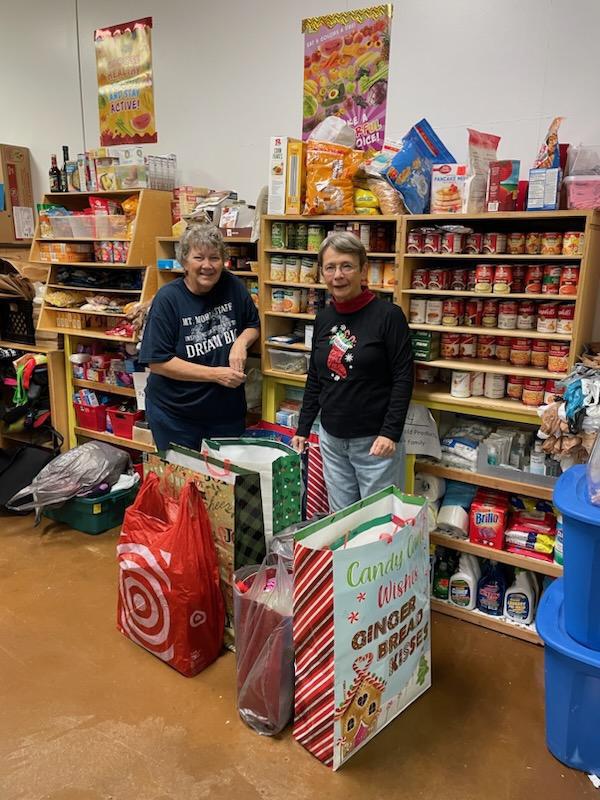
“We want to support our Brothers in their community work and charity efforts. This not only brings the Craft into the community, but forges new relationships where our lodge’s members can make events happen!"
- Rick RupinskiDear Brothers,
As I sit here in my daughter’s hospital room, in this quiet moment, I am overcome with gratitude. Don’t get me wrong, it’s been an overwhelming, frantic, heart stopping time since my daughter’s car accident. We didn’t know those first few hours if she was even going to make it, but now that things have made a turn for the better, I can take a breath and thank God for the support of my Masonic family & friends.

It seems like yesterday I was a young man considering joining my local lodge and thinking about what that might really mean for me. Now I spend an evening or two a month in the company of my fraternal family attending lodge or assisting in my community... but what I have really found was an extended family, people that have my back in the good times and the BAD. Good men, making their small mark on the world, assisting one another... and they really came through for me during this crisis.
Something happens to a man when he gives of himself in charity. Whether it’s an act of kindness or a monetary offering. You become more, you see the world differently. You are more giving, more compassionate, more kind. That’s the kind of man I hoped I would become.
I’m reminded of the Masonic Way: “To give without remembering and to receive without forgetting." I promise you Brothers, that is the way I live my life and I will be there for you, your family, and our community in it’s time of need. I want to thank YOU for taking the obligation, and I thank YOU for giving in ways I cannot fathom. The weight of the world has been released from my shoulders... because of YOU!
Next time you walk into lodge, serve your community, give a donation, or sit with a friend in time of crisis, I hope you will remember my story and know without a doubt, everything you do, big and little, touches someone.
I am not asking you to respond to this letter by giving 'til it hurts, but please give 'til it helps. I truly believe when a man supremely gives, he supremely finds; I’m living proof.
Let’s keep this Masonic family strong, it’s what the world is sorely lacking and what it truly needs.
Fraternally, Matt

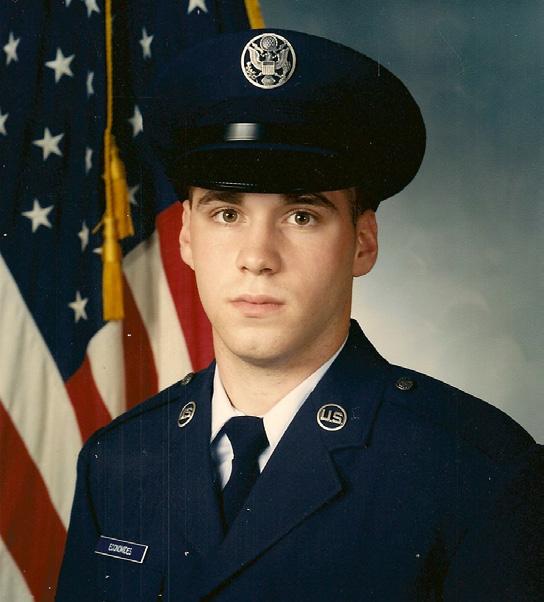



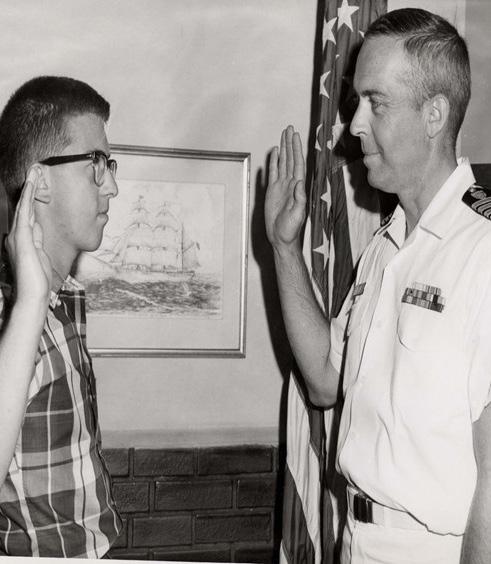

Freemasons around the world have a long and storied connection to their respective militaries. From Generals and Admirals to enlisted men of all branches, thousands have served our country as well as our fraternity and communities.
To honor our veterans, we spoke with Michigan Brothers representing each of the five branches of service to hear about their time with both organizations. They told us about what drew them to join, their experiences, and what sort of similarities they see with the bonds between their military and Masonic Brethren. Thank you to all who participated and thank you to all who have served and continueto serve today!
U.S. Marine Corps - Three Oaks Lodge #239
The challenge of getting through boot camp was what first drew me to join the military. I was thinking about maybe the Air Force, and a good friend came home from Marine boot camp. We were talking about the military, and he suggested I join the Marines.
I served from ‘77 to ‘87, stationed in Camp Lejeune, NC. From there I went to Camp Smith on the island of Kauai, then to the big island of Hawaii. I then went on to recruiting in Louisiana and South Carolina.
A Brother Mason from Three Oaks and some friends from home asked me to join. I was eventually accepted and became Worshipful Master in 2014. I wish I knew about Masonry in the military, I think it would have enhanced the experience that much more. I feel there are a lot of bonds with both my military and Masonic Brothers. I’ve been out of the military for a long time, but if one of my brothers called and needed help I would drop everything to go to him. Same thing with the Masons, if a Brother called at three in the morning with a dire need and I had to work at four, I would go to help him first and then go to work. If we have Brothers in the military, we should always reach out to them, pray for them, and across the fraternity we need to see how much we can help each other and our communities.
Bro. Kenneth Breaux Bro. Roger Peak Bro. Russell CramBeing a Coast Guard brat, my dad was transferred several times as I was growing up. My dad swore me in and was the graduation speaker for my company’s graduation at Cape May, New Jersey. I enlisted under the two by six program (two years active, six years total) and was pre-selected for Electronics School. I was later sent to Port Safety School at Yorktown, Virginia, where I stayed for the remainder of my enlistment. I was later ordered to San Francisco for twenty-seven days active duty where I did port security work boarding vessels.
My first experience with the fraternity was a memorial service for my father-in-law, a retired Coast Guard Warrant Officer. My wife was a majority member of Job’s Daughters and wanted me to join, so I petitioned a lodge in Virginia and later served as charter Worshipful Master of a consolidated lodge.
I can think of three things when I think about the bonds I have with my military and Masonic Brothers: teamwork, hierarchy of command, and faith. Both institutions have a hierarchy with a leader at the top and orders are disseminated to
U.S. Navy - Springport Lodge #284
I was already in the National Guard doing artillery during the time of the Korean war. They were drafting everybody, and it was pretty close to where I was going to get drafted. I didn’t really want to be in a ground troop and live in the mud, so I joined the Navy. By 1953, the war was over and I was sent immediately to Class A school, then was assigned right to a squadron. In the two squadrons I was in I flew with mostly enlisted men, not officers, which is unusual and especially nonexistent today.
I had a great uncle who was a pilot in World War I. He was a Mason and I listened to him tell about some of the things that he experienced. He was a master pattern-maker, working through the Great Depression. He was out west on vacation once and a man came up to him and asked him to lend him some money so he could get home. The man was a lodge member in Kentucky. He told my uncle that he had the means to pay him back and my great uncle loaned him the money. Within two weeks of returning from vacation, the man had sent him a letter with the money to repay him. I saw that trust and thought “this must be a pretty good thing.” And from there on I was in the fraternity. I’m a multiple



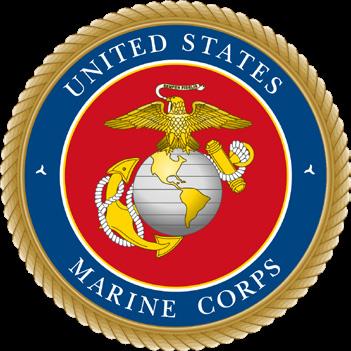


U.S. Air Force - Livingston Lodge #76
When I was a young man, I lacked direction. I was independent but needed guidance. I had strong mechanical skills and wanted to learn a trade, and the Air Force offered an opportunity to do so. Joining the military made me feel I was doing the right thing; making a choice to serve my country, yet still providing skills for myself that would help me become successful in life. Basic training was at Lackland AFB in San Antonio, then I was off to Chanute AFB in Rantoul, Illinois to learn pneudraulics and in-flight refueling maintenance. My first duty station was at Ellsworth AFB in South Dakota, where I was stationed for four years, then I re-enlisted in the reserves and worked at Selfridge AFB. The Air Force taught me the trade I work in now.
I became a Mason long after I served in the military. My late uncle George Fotias (Roseville #522) was a Brother. I talked to him about being a transplant to a small community and wanting to get involved, and he recommended the lodge. I contacted the secretary of Livingston #76 and the rest is history!
One of the biggest similarities in the military and fraternity is that our bond is built on our journeys. There was a path that led everyone to join the military, the same exists in Masonry. We were all looking for something in both, maybe as simple as fulfilling the family legacy. Both involve an indoctrination (basic training, obtaining the degrees). In both, you learn from mentors, people who become your friends and you look up to. Your Brothers become people you learn to depend and count on. Your Brothers can be any race, religion, whatever. You learn to count on them and respect them. Both emphasize the core duty to serve those around us.
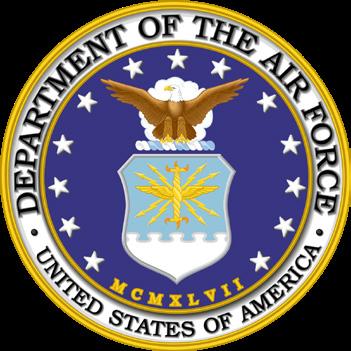

U.S. Army - Iron Mountain Lodge #388
I needed a stable job so I joined the military. I always kind of wanted to be in the Army, and I got an Army tattoo before I even enlisted. I served from ‘86-88 in Fort Polk, LA. I did basic at Fort Benning, GA then straight to Fort Polk, infantryman.
My mother-in-law had a next door neighbor in Florida that was a Shriner, and he would always have parties at his house. I asked him one day what the fezzes were, and he explained how you had to become a Mason first. I asked him how, and he said ‘you just took the first step’ and gave me a petition. He wouldn’t tell me much else. I had that petition in my day planner for six years and threw it away. Then, I met another Mason and asked him about it. I learned about the Brotherhood and he gave me a petition. Once again, I kept that in my day planner for another six years then threw it away.
I was back home in Iron Mountain and drove by the building, and there was a car there. Stephen Kakuk was the secretary, and I knocked on the door. Steve brought me in and showed me around and told me a little about the fraternity. He gave me a petition and this time I didn't put it in my planner, I filled it out right then. I went through the degrees in ‘07 and was then elected to JW.
I do feel with some aspects the bonds I have with my military brothers are similar to what I have with my fraternal Brothers. The bond I have with my Masonic Brothers is far greater, especially with the trust in my Masonic Brothers.
If anyone out there gets to the point that they have a petition in their hands, don’t put it in your planner! Follow through with it.
In our Masonic Brotherhood, we have always cherished the values of unity, compassion, and mutual support. The bond we share with our Masonic widows is one that echoes the spirit of fraternity and demonstrates our commitment to upholding the sacred promises we made to our Brethren and their families. Our widows, known to stand beside our Brothers in their Masonic journeys, who donate to your LCAs and the Michigan Masonic Home, now deserve our unwavering support and compassion during their time of need. As we extend our hand to these remarkable women, we not only honor the memory of our departed Brethren, but also uphold the timeless values of care and kindness that lie at the heart of Freemasonry.

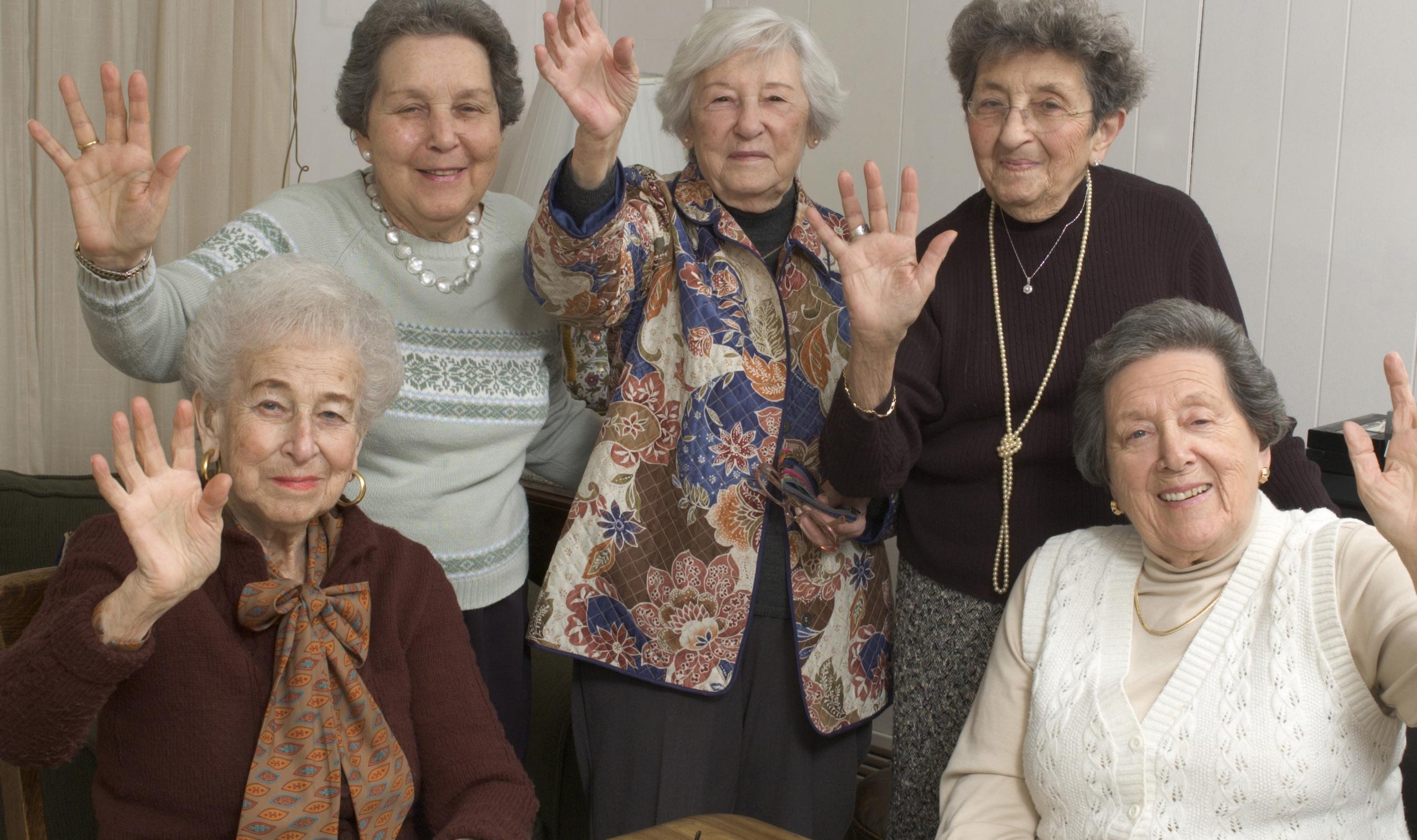
and the Michigan Masonic Charitable Foundation, we can bring further resources and support to our widows. Our Outreach and Member Care team has knowledgeable resource specialists available who can be trusted to help find solutions to any hardships a
Additionally, by including our widows in our Masonic activities and events, we welcome them to remain an integral part of our Masonic family and provide them with a sense of belonging. As lodges, we also gain from the wisdom and perspective they bring, enriching our collective experience, and reinforcing the bonds that tie us together.
Through acts of compassion, regular communication, and offering practical assistance, we can provide a strong network of support that ensures they never feel alone or any of their needs go unmet. Checking in with our widows regularly offers them not only emotional and social support, but the opportunity to identify any needs they have and extend practical aid, such as fixing things around their house, transporting them to appointments, or providing financial support if needed. By embracing the idea that we are “Better Together,” when you partner with our Outreach and Member Care Department
The Michigan Masonic Charitable Foundation has funds set aside to assist you with outreach and care for your members. Up to fifty-percent of any expense you accrue for special widow dinners, fruit baskets, flowers, and plants for different occasions will be reimbursed.
Let us rekindle the spirit of unity by reaching out to our Masonic widows, honoring their contributions, and demonstrating our unwavering commitment to their well-being. Together, let us build bonds of support that exemplify the timeless principles of Freemasonry.

michiganmasons.org